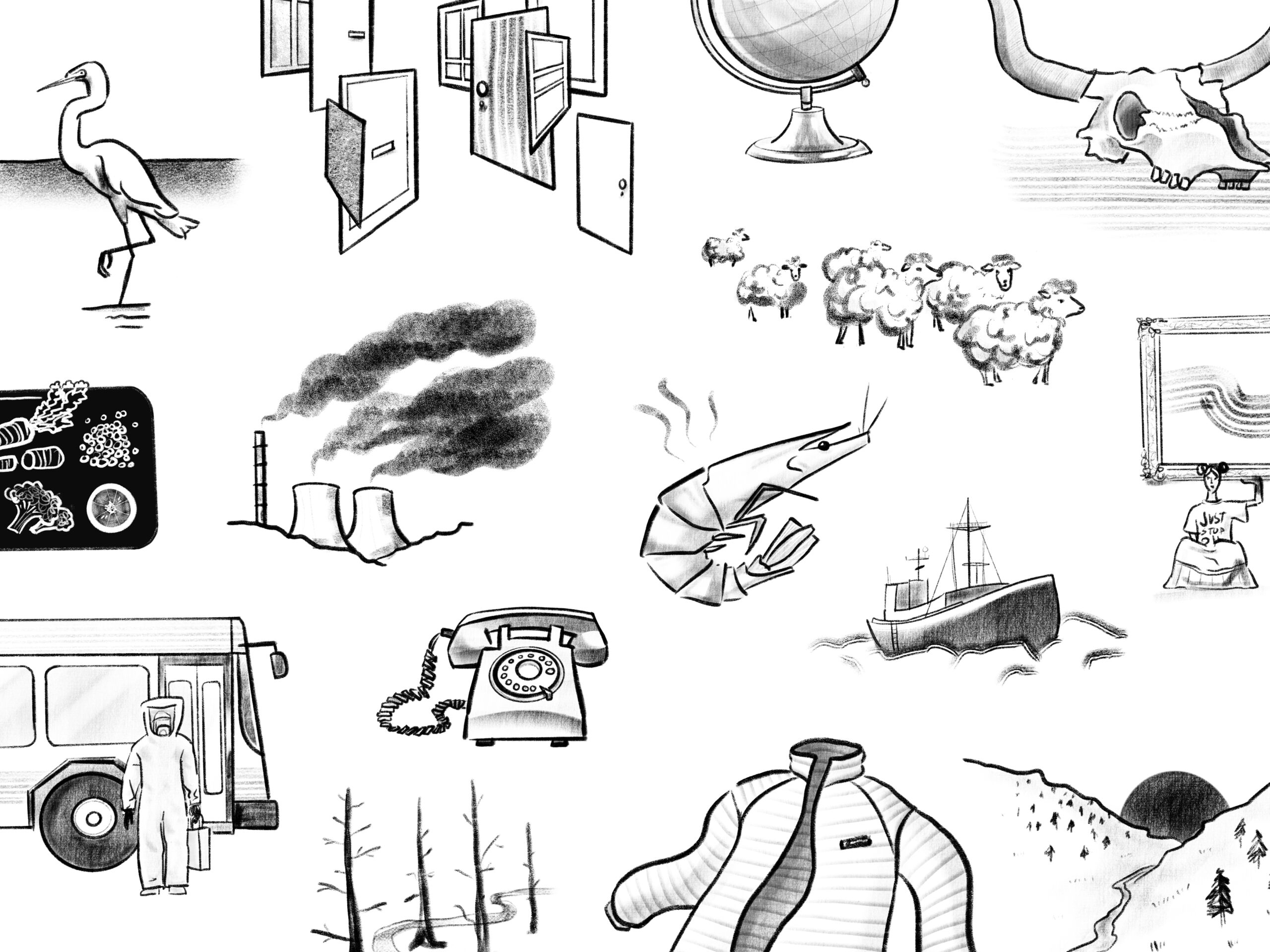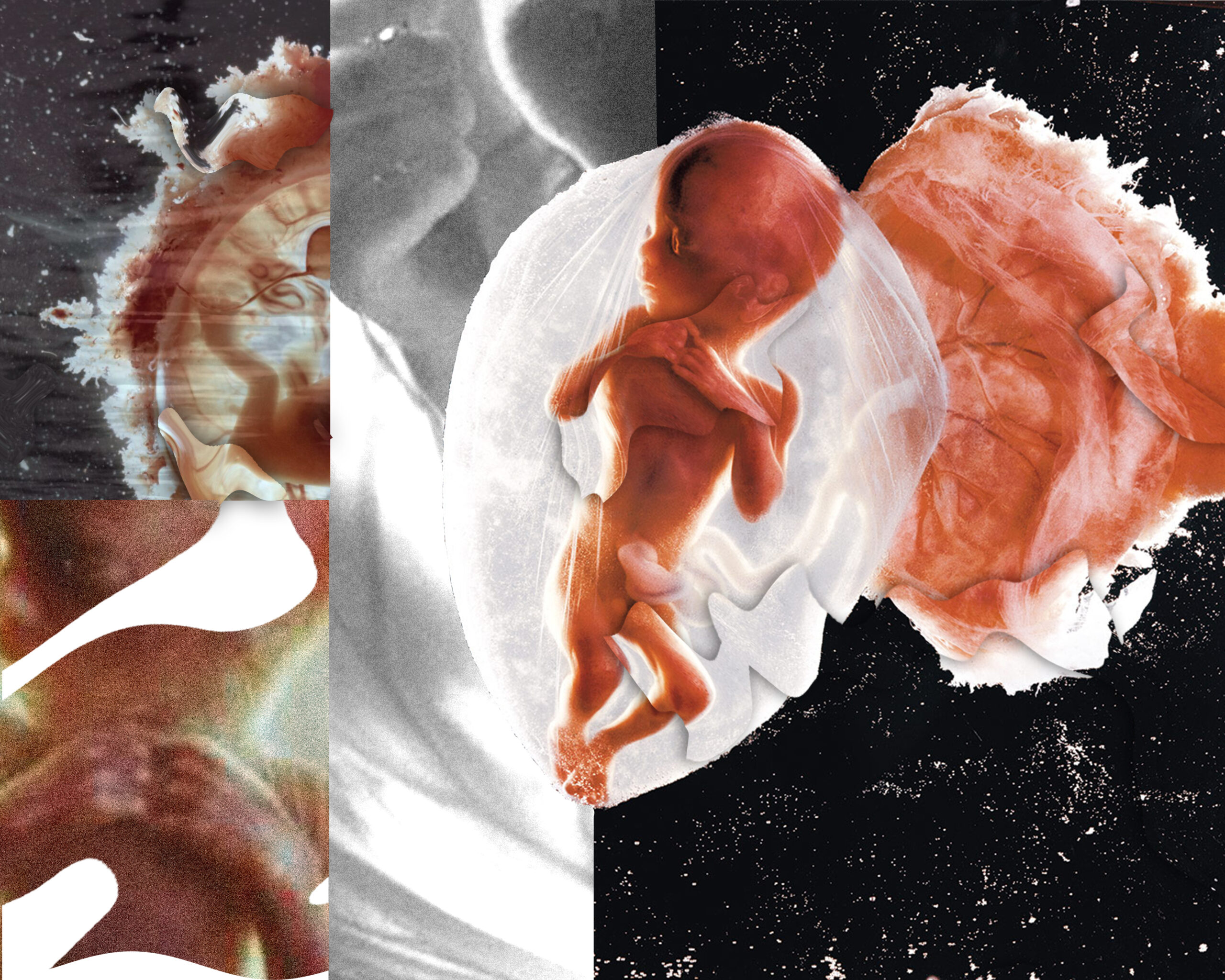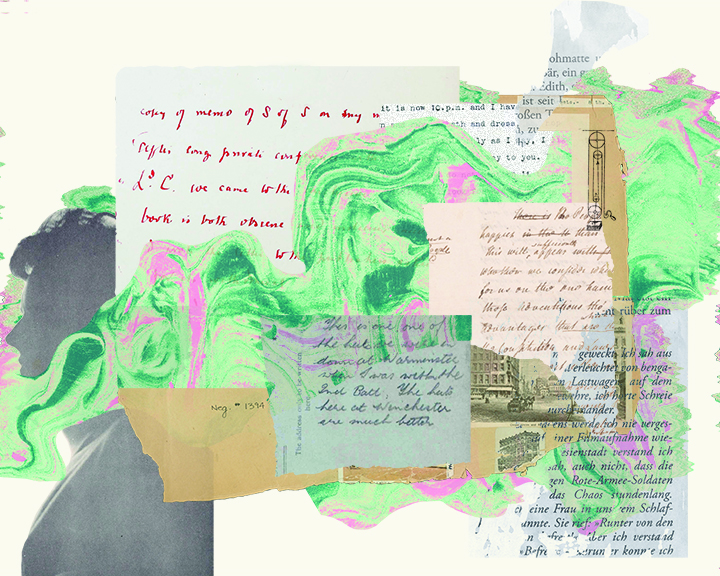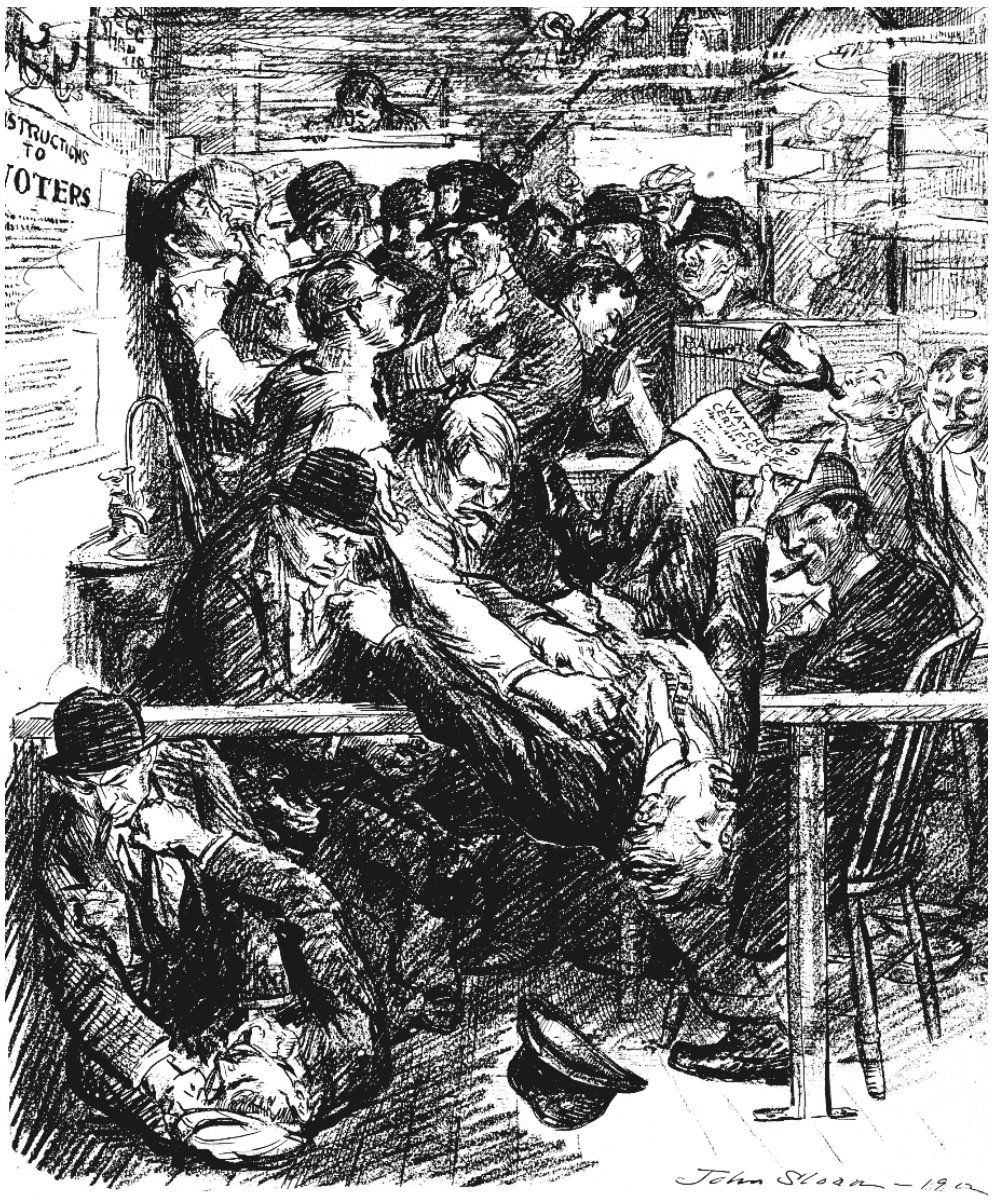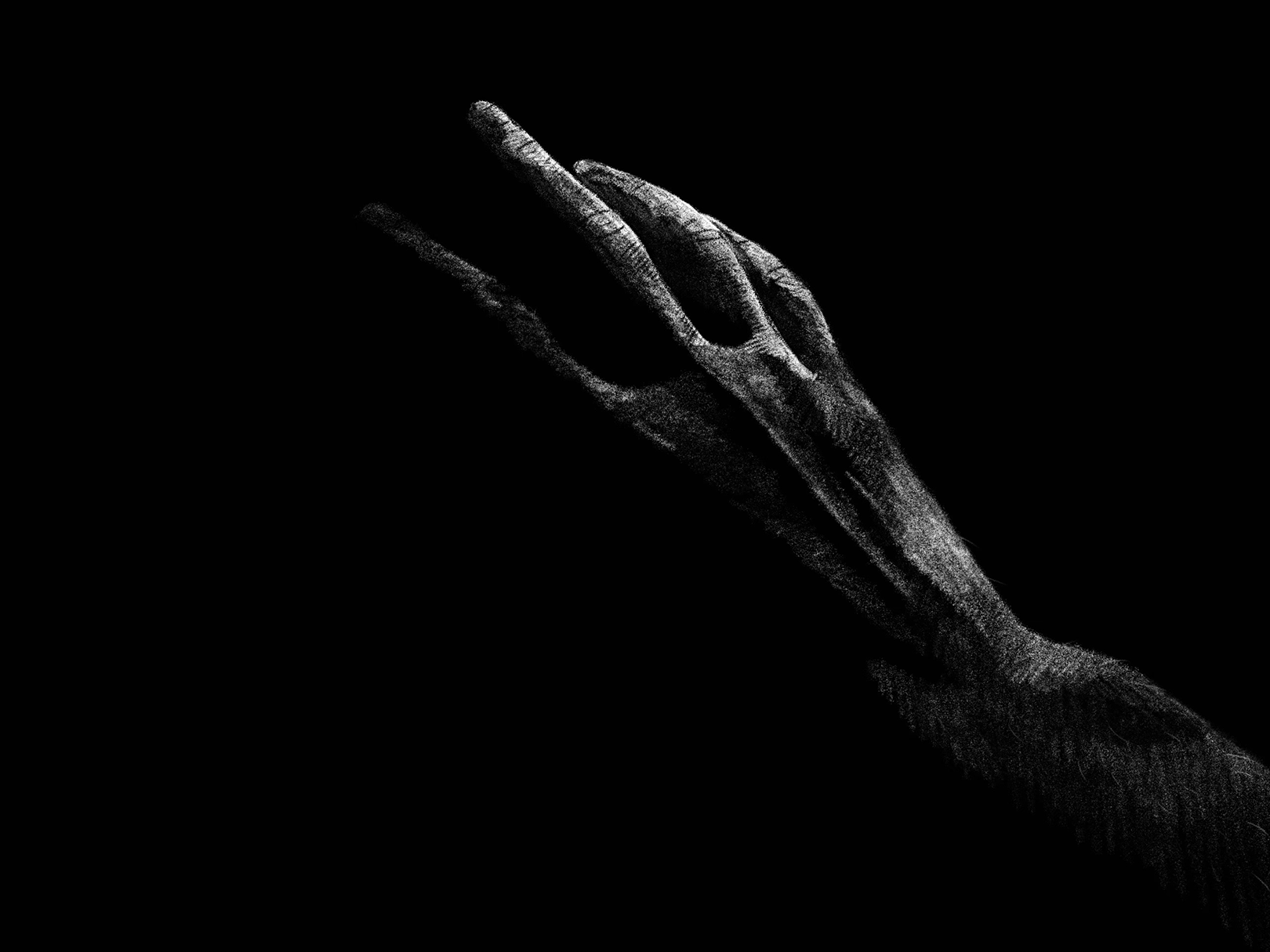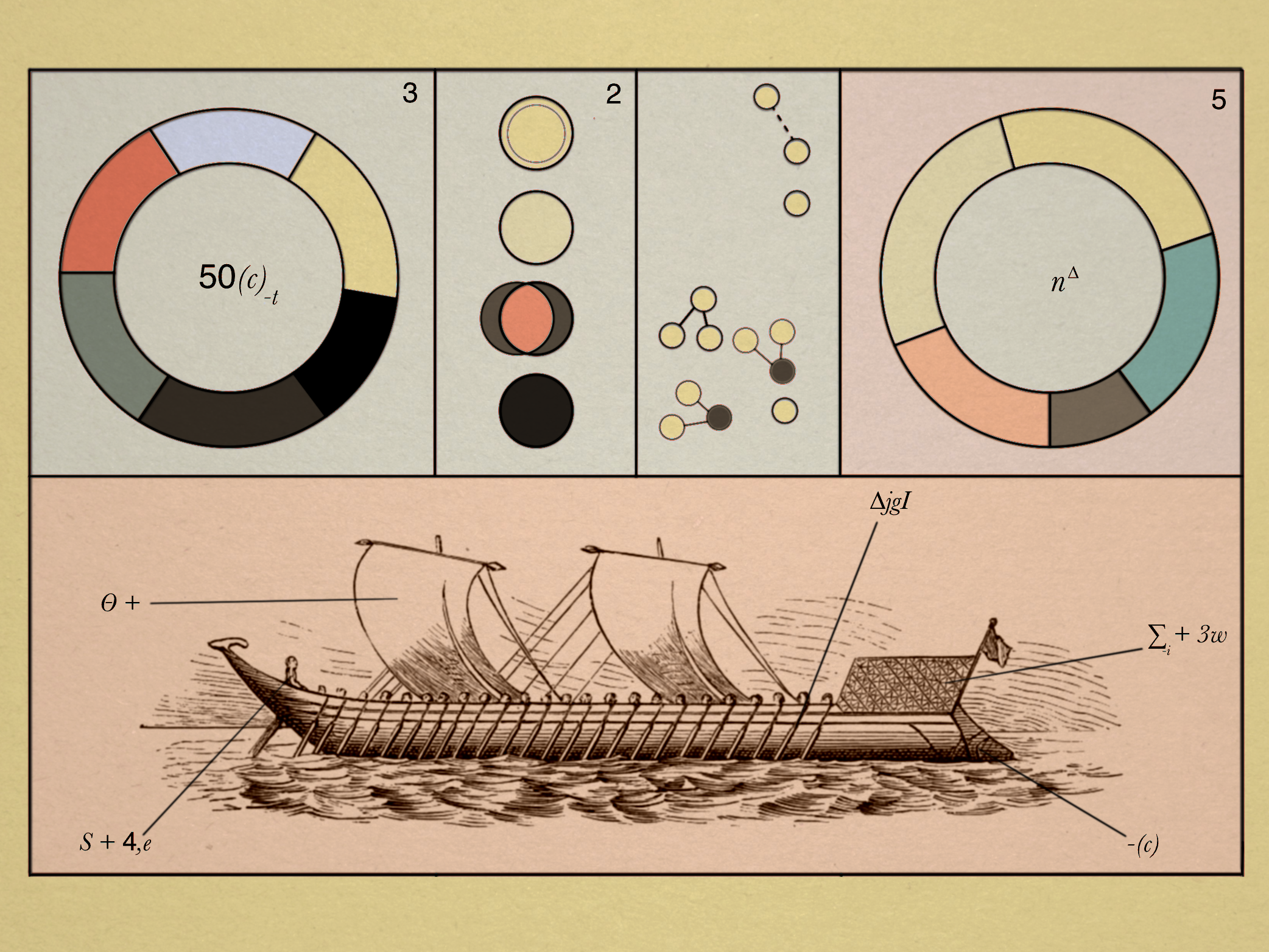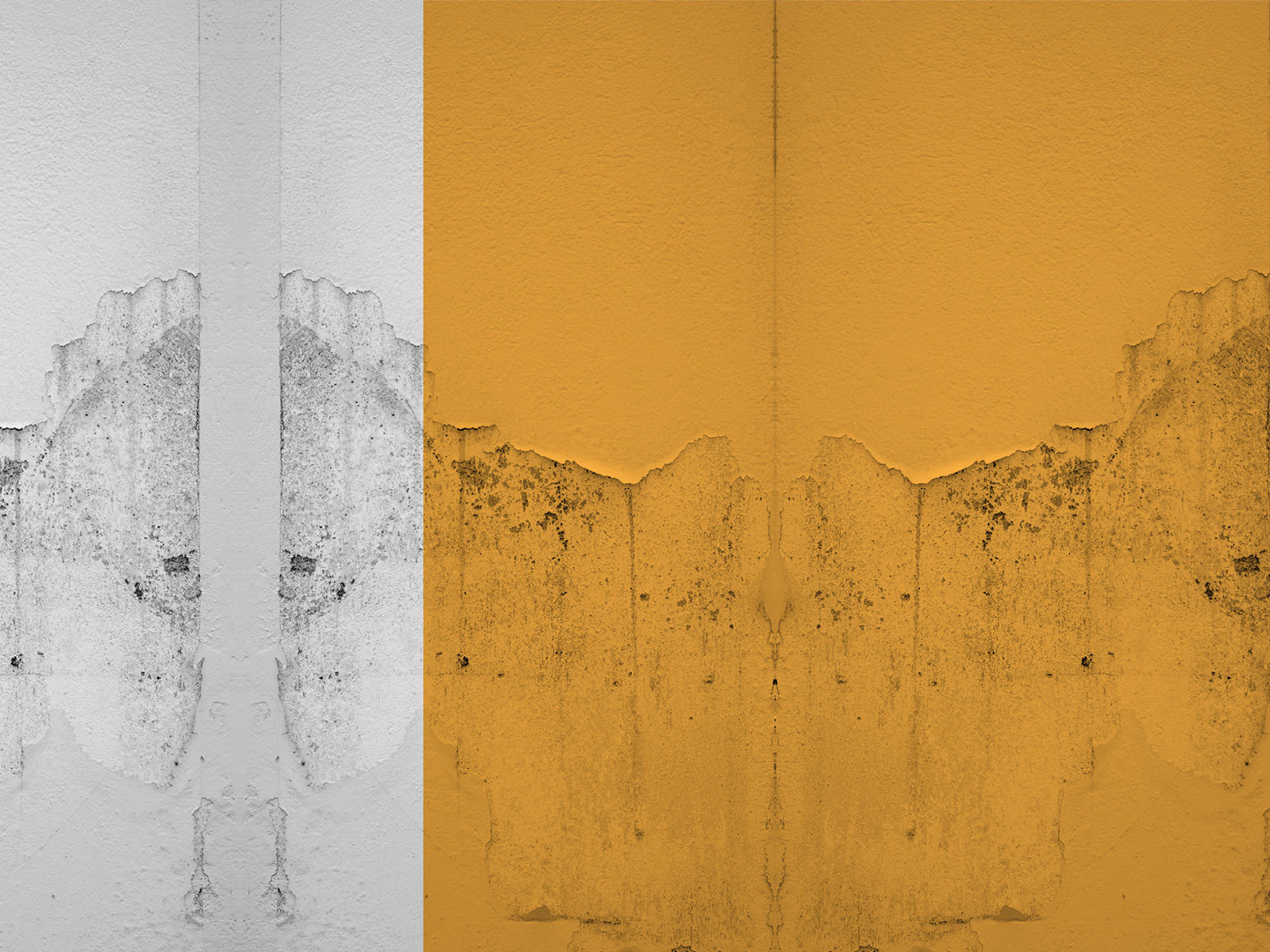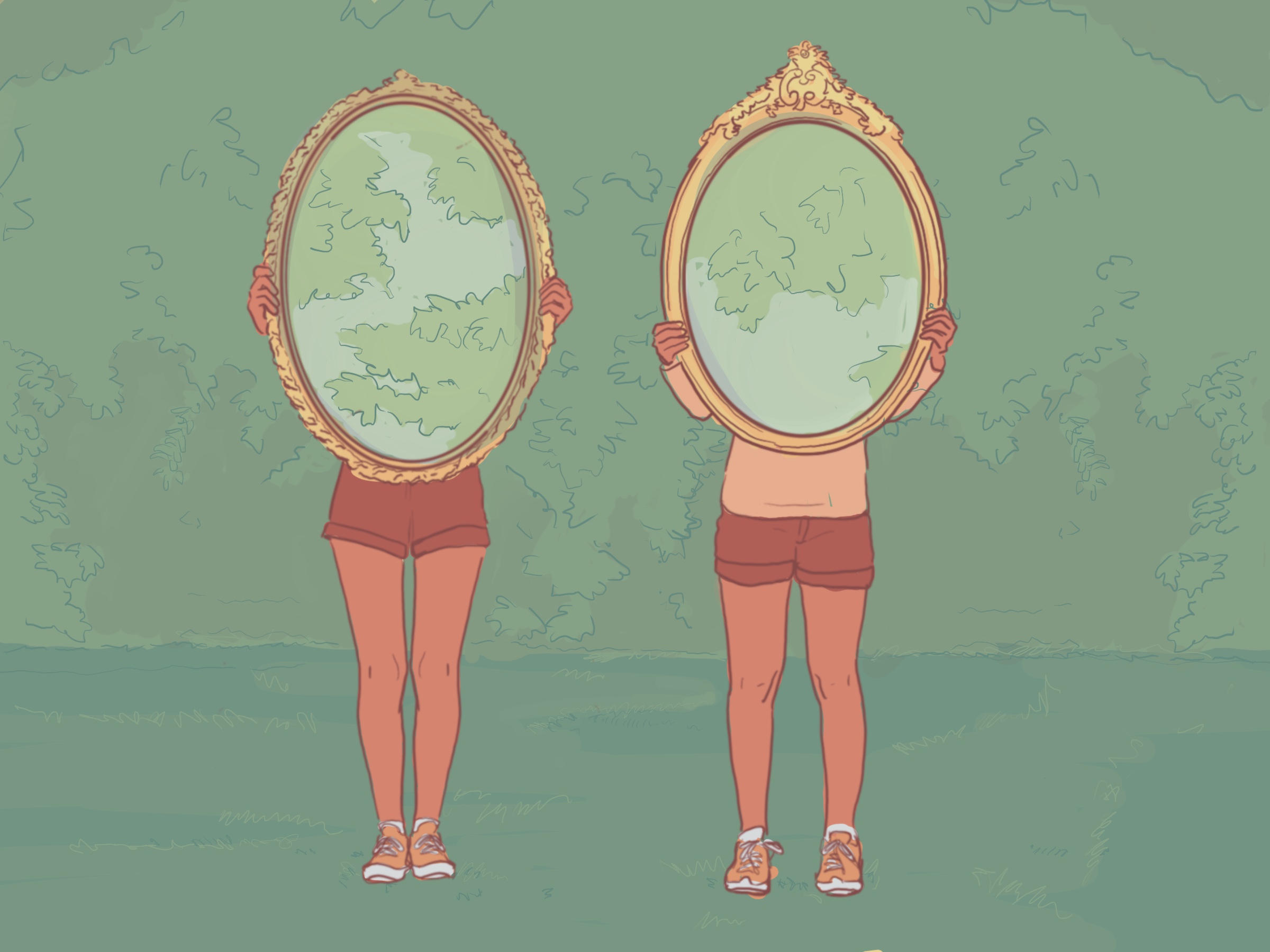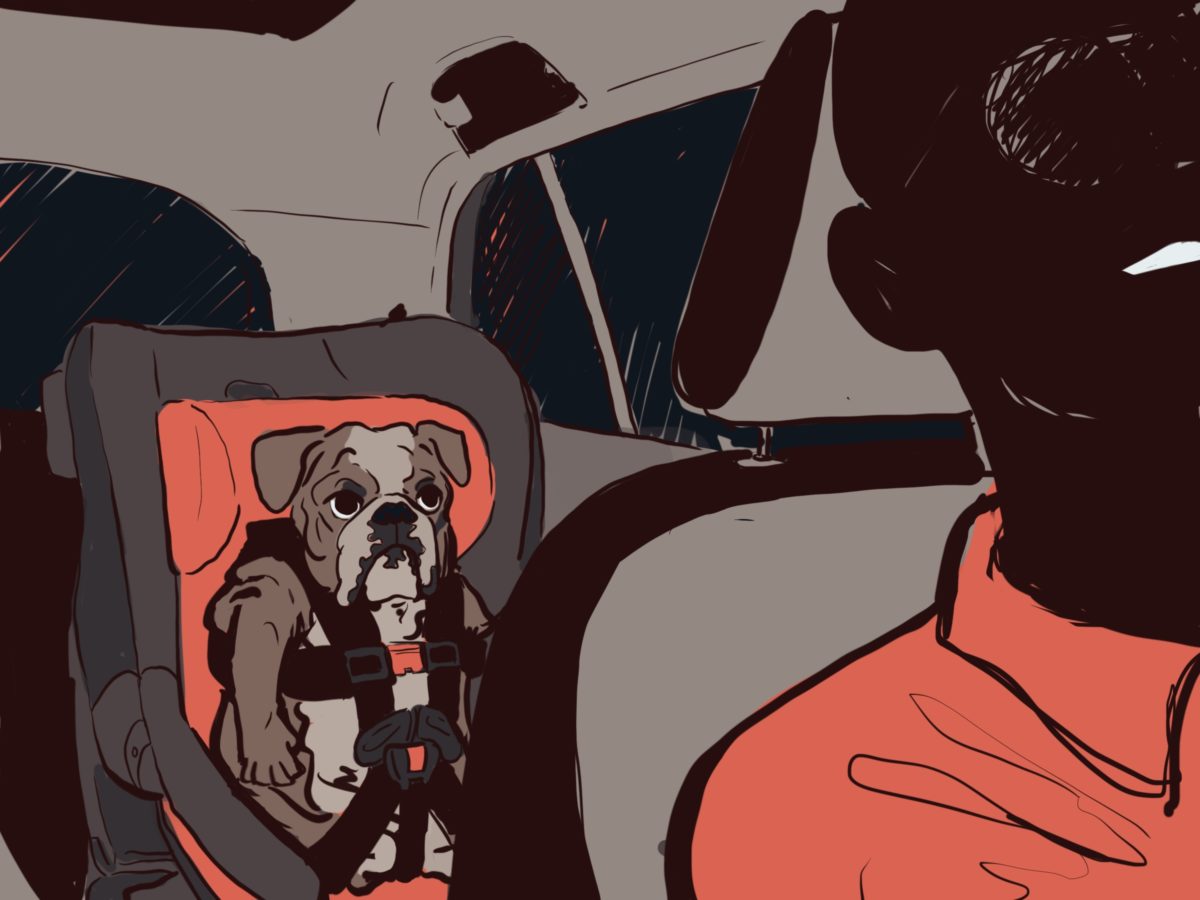Latest
November 1, 2022
On the State of Climate Activism
Ama Francis, Annie Crabill, April Zhu, Arvin Alaigh, Chanelle Adams, Charlene Wang, Daniel Sherrell, Emma Hager, Erin O’Brien, Hannah Hunt, India Logan-Riley, Jack McCordick, Jake Bittle, Johnathan Guy, Josh Lappen, Marcela Mulholland, Vince Cooper, Zoya Rehman
In August, the U.S. Senate passed climate provisions that were immediately hailed as historic, marking President Biden’s most significant legislative achievement to date. Coming after a summer of record heat waves, floods, fires, and other catastrophes around the world, the bill sparked debate over whether its contents will meet the moment with sufficient urgency, and how much we should celebrate it as a significant, if limited, victory. Meanwhile, the viability...
October 27, 2022
Fetal Rites | What We Can Learn from Fifty Years of Anti-Abortion Propaganda
S.C. Cornell
The strongest argument against abortion is not an argument at all. It’s the image of the fetus — tiny feet, perky nose, pre-melanin skin — and of its often grisly death. The persuasive potential has been clear for over a century; Progressive-era anti-abortion doctors toured the country with glass slides featuring embryos and fetuses at various stages of development. In 1910, a Missouri gynecologist expressed his hope that an enlarged...
October 25, 2022
Against Queer Presentism | How the Book World Neglects the Archive
Colton Valentine
History is a nightmare from which the queers have awoken. Or so it would seem in Elif Batuman’s Either/Or (2022). It’s sophomore year at Harvard, and protagonist Selin is debating the merits of living either aesthetically or ethically. As in The Idiot (2017), she takes classes and reads; unlike in The Idiot, she drinks and has sex. Everywhere, queerness simmers. Selin’s university syllabi are populated by fictional male seducers, her...
November 1, 2022
Editors’ Note | Hindsight Is 2020
The Editors
“The pandemic is over,” Joe Biden declared in September on 60 Minutes, in a farcical reprise of George W. Bush’s 2003 “Mission Accomplished” photo op. The long-running T.V. program was an ideally irrelevant venue for such an irrelevant statement, in a moment that encapsulates the broader aura of irrelevance that has surrounded the Biden presidency. At least until the August passage of the Inflation Reduction Act (IRA), it looked as though Biden's...
November 1, 2022
Coin | Poetry
Fatima Jafar
To speak of this would be to try and say something of a cave, a letterless mouth. The moon floats like a coin in black water. The candle on the table is dead. A mouth hangs forlorn like a well. A year hangs forlorn like a well. Still, a glint in the dark — a fish’s tail. Silver whisper, silver whisper. God is closer to me than my jugular vein....
November 1, 2022
Iphigenia in Aulis as Crystallography | Poetry
Angelo Mao
The war process is commonly thought of in terms of warming. As in the conflict heating up, there are hot spots in the region. But it does not feel hot to be in the milieu of incipient conflict. It feels cold. Supersaturation. They swear an oath. Warmer temperatures keep solutes in solution free from binding to each other. Before Helen’s husband is picked, the suitors are bound with an oath....
November 1, 2022
Explicit, 1976 | Poetry
Paula Bohince
Oculus giving up Andromeda, pulse of variegated phlox, fog-drenched, a virginal shepherd on lamb watch, terrine of fowl and gilled chanterelles, cold enmeshment of mare and filly, ecocide laws, unforgiving blistered forests of a once- divided country, impasse o’er a holiday, Isle of Man or the Canaries, ah from Freud’s Viennese clinic, opening seam of teenaged wallpaper, ultra-ambient tiger prawns, a third martini, Tiger Lily jealous in first edition luster.
November 1, 2022
The North | Poetry
Tomaž Šalamun
The North, which faces north, is stern and blunt like a flash. Seemingly harsh, silent and swift, aggressive and white, seemingly full of magnesium, a waterfall in a vacuum, I say. It weaves and weaves, I give. In the middle of the process my thoughts wander to cigarettes, which I forgot break the membrane and hurt concentration. They push off their backs on their own, push off my shoulders on...
November 1, 2022
Four Stories | Fiction
Garielle Lutz
It wasn’t early retirement, it was a layoff late in life, and now that jobs were about to open up somewhere else, in some other division, the man kept being told not to make himself a stranger. Some days he could make himself feel just a stone’s throw from his old life. On other days he became known as the perfect guest. One host was a woman whose face kept...
November 1, 2022
Very Polite | Fiction
Percival Everett
I drove onto the road from the Goodwill parking lot without a mishap. I wondered whether that was the same as driving out with a hap. I could see that my route was exceedingly simple, one road, Interstate 95 all the way to Washington. I was not driving south because I had been instructed to drive south, though I had been, but because I, contrary to my nature, was concerned...


